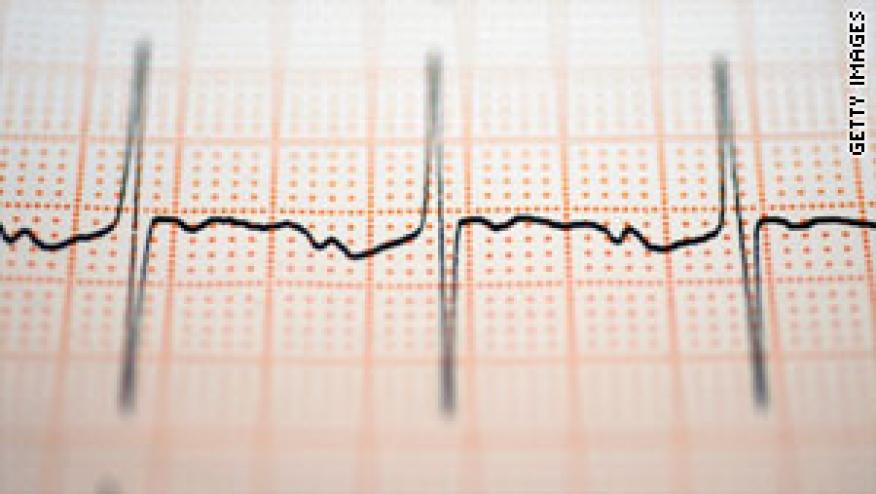Hydroxychloroquine and QTc Prolongation Save

JAMA Cardiology reports the risk of QT (QTc) prolongation when hydroxychloroquine (HCQ) was given to hospitalized patients with coronavirus disease 2019 (COVID-19), especially when given with azithromycin.
This single center, cohort study included 90 hospitalized patients with COVID-19. Patients were included if hospitalized with at least 1 positive COVID-19 nasopharyngeal polymerase chain reaction test result and clinical pneumonia and given at least 1 day of hydroxychloroquine.
Ninety patients were treated wit HCQ and 53 also received concomitant azithromycin. Nearly half had hypertension (53%) and 29% had diabetes mellitus.
The overall median baseline QTc was 473 milliseconds for HCQ and 442 milliseconds for vs hydroxychloroquine and azithromycin.
Seven patients (19%) who received hydroxychloroquine monotherapy developed prolonged QTc of 500 milliseconds or more, and 3% had a change in QTc of 60 milliseconds or more.
For those taking HCQ and azithromycin, 21% had prolonged QTc of 500 milliseconds or more and 13% had a change in QTc of 60 milliseconds or more.
The risk of a prolonged QTc was greater in those who received concomitant loop diuretics (adjusted odds ratio, 3.38 [95% CI, 1.03-11.08]) or had a baseline QTc of 450 milliseconds or more (adjusted odds ratio, 7.11 [95% CI, 1.75-28.87]).
Ten patients had hydroxychloroquine discontinued early because of potential adverse drug events, including intractable nausea, hypoglycemia, and 1 case of torsades de pointes.
While this study shows that QTc prolongation may be seen with HCQ use (also with azithromycin), it is unclear if this risk was related to the drugs, the infection or the comorbidities seen in these patients. Nevertheless, close monitoring of QTc intervals is warranted in COVID-19 patients, especially those taking HCQ and azithromycin.










If you are a health practitioner, you may Login/Register to comment.
Due to the nature of these comment forums, only health practitioners are allowed to comment at this time.